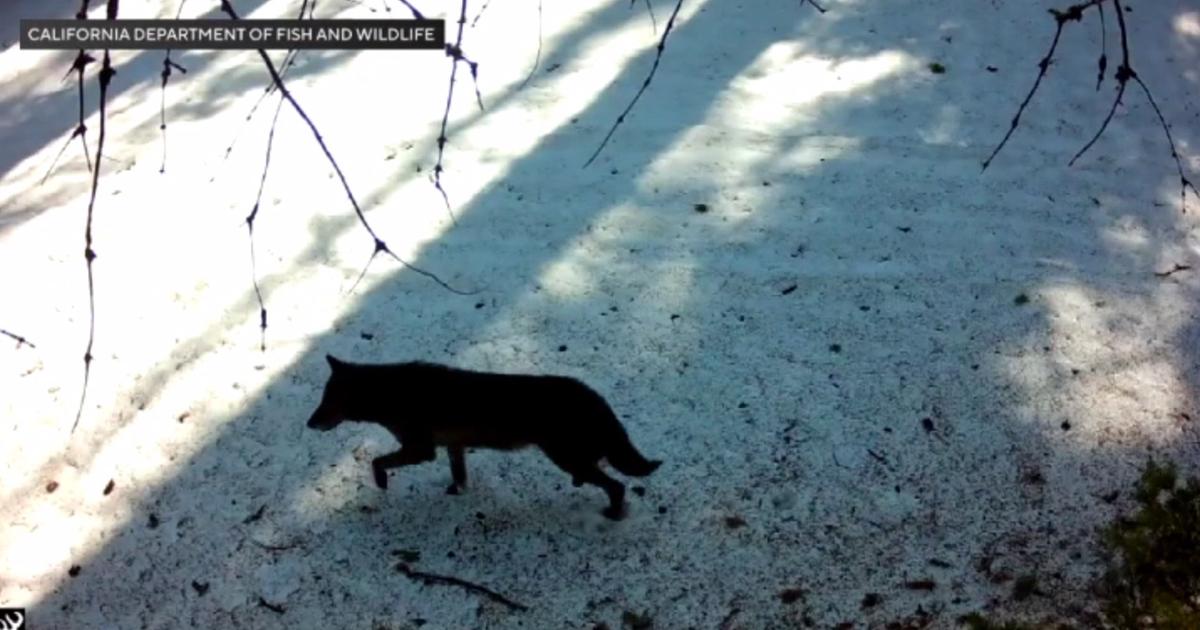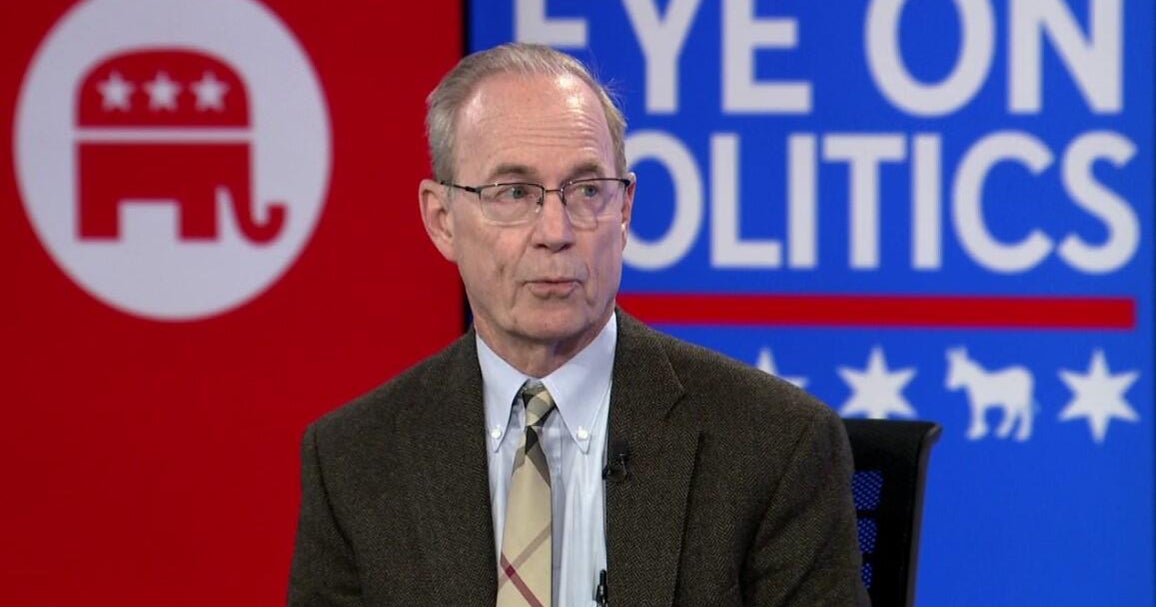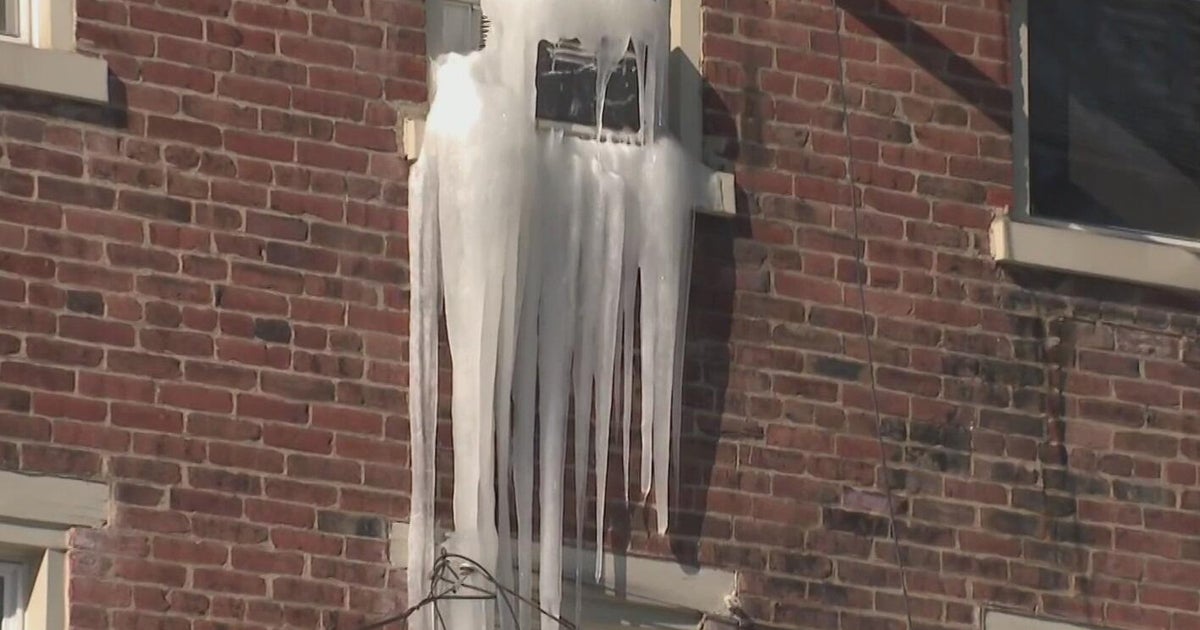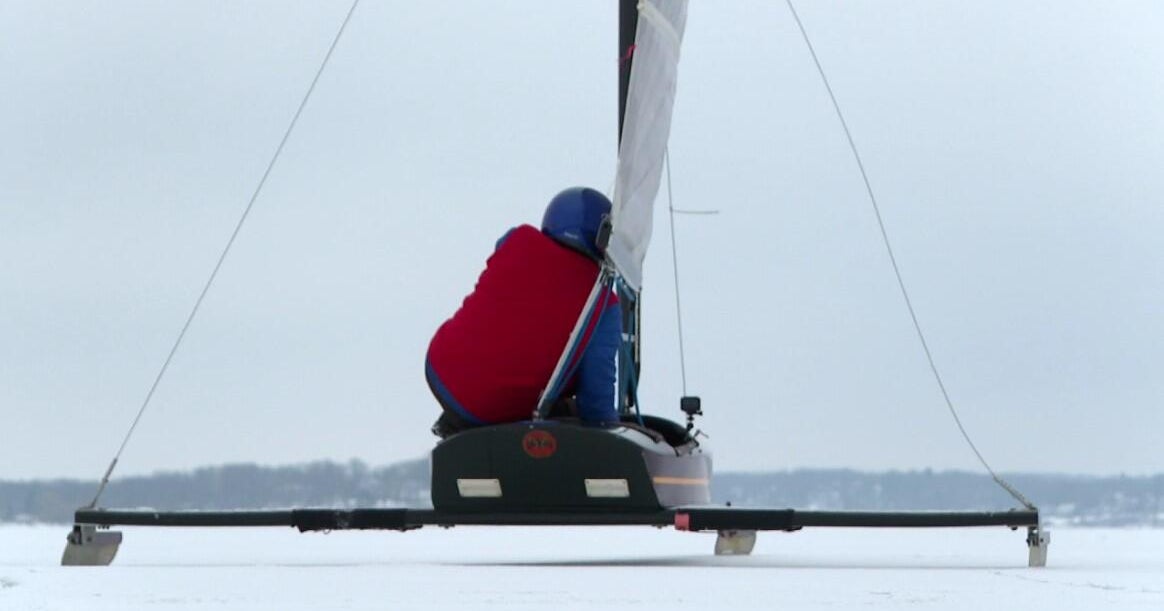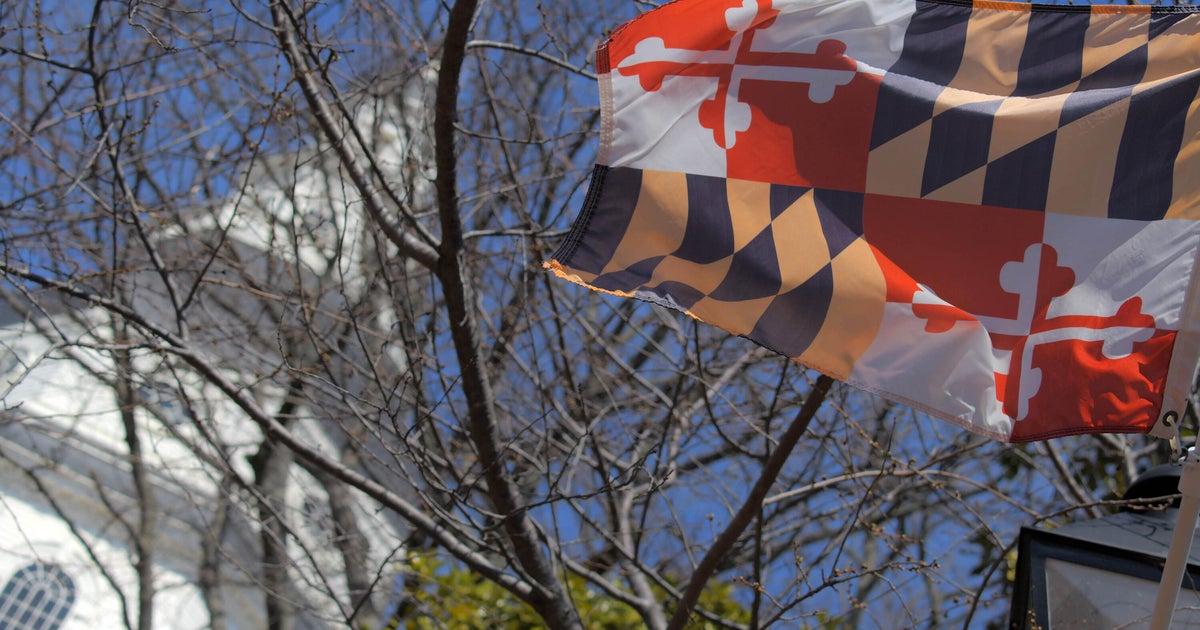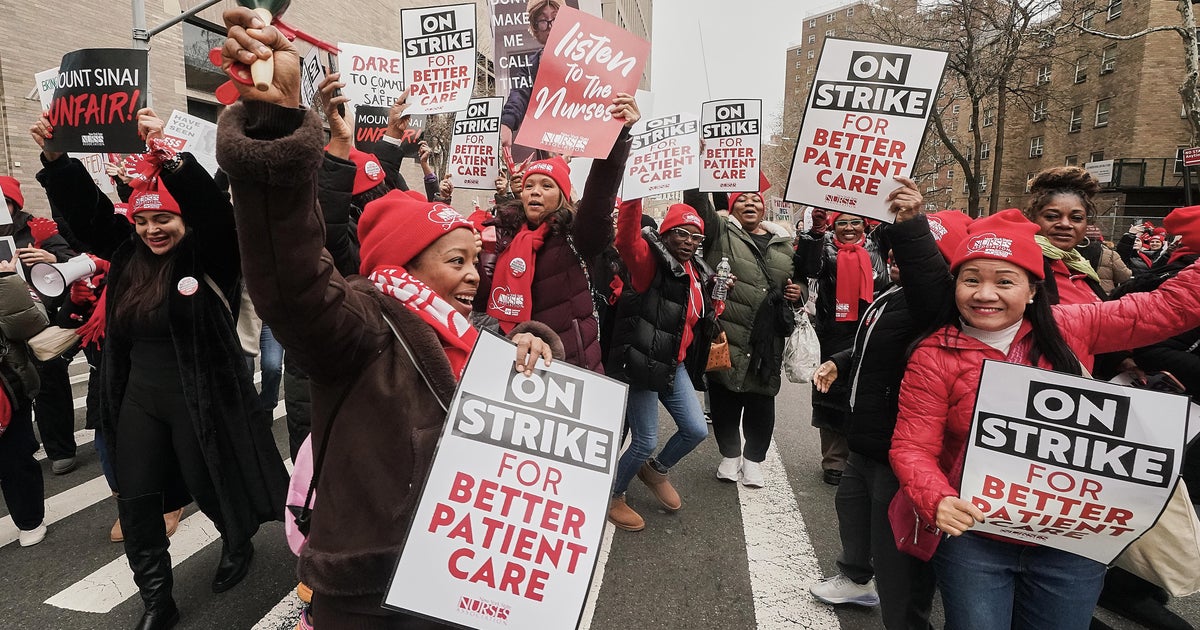Calif. Extends Drought Declaration Despite Wet Winter
FRESNO (AP) — Water regulators in California on Wednesday extended what are now largely symbolic conservation measures lingering from the drought after the state has seen one of the wettest winters in years.
Regulators decided to retain the measures at least until spring as a precaution against the possible return of dry weather.
"I don't think there's just one way to go," Felicia Marcus, chair off the State Water Resources Control Board, said after several local water districts urged members to lift the regulations. "The better decision is to extend it and see later where we are."
Republican state Sen. Jim Nielsen is leading a coalition of lawmakers and water districts that believe it's time for Gov. Jerry Brown to end the emergency and accompanying drought rules — or lose the public's trust.
"This is an emergency?" Nielsen, who represents an area of Tehama County, asked before the meeting. "It's pretty hard to argue to the public, the citizens of California, that we are now in an emergency."
The current regulations are largely symbolic because roughly 80 percent California water districts say they have ample supplies and aren't requiring residents to cut back on how often they water lawns and flush toilets.
Californians heeded the call to conserve water during the height of the five-year drought. But the weather has dramatically changed, which everybody can see, Nielsen said in a letter to the governor that was also signed by other officials.
State residents used roughly 20 percent less water in December compared to the same time in 2013, the year before the drought emergency was declared, officials reported during the board meeting.
Enough water has been saved since mandatory conservation began in June 2015 to serve nearly one-third of the state's population for a year.
In January, storms drenched the state and filled some reservoirs. The Sierra Nevada snowpack, which provides much of the state's water as it melts in the spring, recently measured at 182 percent of normal.
The rain total in downtown Los Angeles since October — the start of the wet season — has reached 15 ½ inches — far exceeding the normal annual rainfall.
It's unclear whether Brown might lift the drought emergency, independent of any water board actions.
The governor's office referred request for comment on ending the emergency to California Natural Resources Agency spokeswoman Nancy Vogel, who said in an email before the meeting that the state is "not yet declaring an end to the drought."
Some residents in the San Joaquin Valley still survive on bottled water because their wells are depleted, and swings from wet to dry years is only intensifying with climate change, Vogel said.
Brown declared the drought emergency in 2014 during the driest four-year period in California's recorded history.
He later ordered California's nearly 40 million people to cut water use by 25 percent —the first mandate of its kind in the state.
The State Water Resources Control Board relaxed the requirement last year, allowing districts to set their own conservation measures.
Tracy Quinn, a senior water policy analyst with the Natural Resources Defense Council, wants the state to hold onto its restrictions. She says it's unclear what weather spring will bring, let alone next year.
She says water districts aren't always motivated by conservation because their revenue is often tied to how much water they sell to customers.
The healthy snowpack and brimming reservoirs don't tell the whole story, she said, noting that the drought decimated groundwater supplies that will take years to be replenished.
"This is a long game," Quinn said. "Although we have had a welcomed respite from the drought, we don't know whether this is an aberration in an extended drought."
(© Copyright 2017 The Associated Press. All Rights Reserved. This material may not be published, broadcast, rewritten or redistributed.)
(© Copyright 2017 The Associated Press. All Rights Reserved. This material may not be published, broadcast, rewritten or redistributed.)
